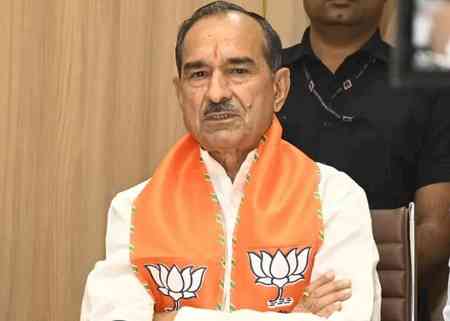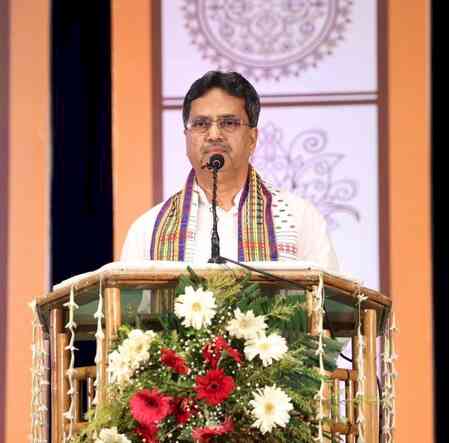Husband, in-laws convicted of murdering woman for dowry 15 years ago
A Delhi court has convicted four accused, including the husband, in the case relating to a woman, who died on October 3, 2007 in unnatural circumstances, of causing her death for dowry and and subjecting her to cruelty.

New Delhi, Jan 20 (IANS) A Delhi court has convicted four accused, including the husband, in the case relating to a woman, who died on October 3, 2007 in unnatural circumstances, of causing her death for dowry and and subjecting her to cruelty.
Additional Sessions Judge Gautam Manan held the four - husband, mother-in-law, father-in-law and brother-in-law - guilty under Sections 498 A (husband or relative of husband of a woman subjecting her to cruelty), 304 B (dowry death), and 34 (common intention) of the Indian Penal Code.
"...It is held that prosecution has been successful to prove its case beyond reasonable doubt against accused persons for the offences under Sections 498 A, 304 B and 34 of the Indian Penal Code. They are convicted for said offences," he said.
The court listed the matter for arguments on sentencing on January 30.
However, the court acquitted the accused of the charges of murder and causing disappearance of evidence.
It was stated that even though the Investigating Officer (IO) added the murder charge after receiving the post-mortem report, he did not look into the murder trail. The cause of death was suffocation from smothering, the court noted, citing the post-mortem findings.
It stated that neither was any evidence inspected or seized in this regard, nor did authorities attempt to determine how the woman was suffocated.
"Prosecution has not discharged its initial onus to prove the manner and persons behind homicidal death," the court said.
"Incidents narrated by prosecution witnesses cannot be segregated from one another and they all form a part of the continuous transaction. These incidents qualify the criteria of soon before death due to the rule of the proximity of time because it was a continuing ordeal having continuity of action and community of purpose," it added.
The court also made note of a particular incidence of dowry demand made the day before the victim's passing.
According to the report, a letter from the victim confirmed the testimony of the prosecution witnesses


 IANS
IANS 










